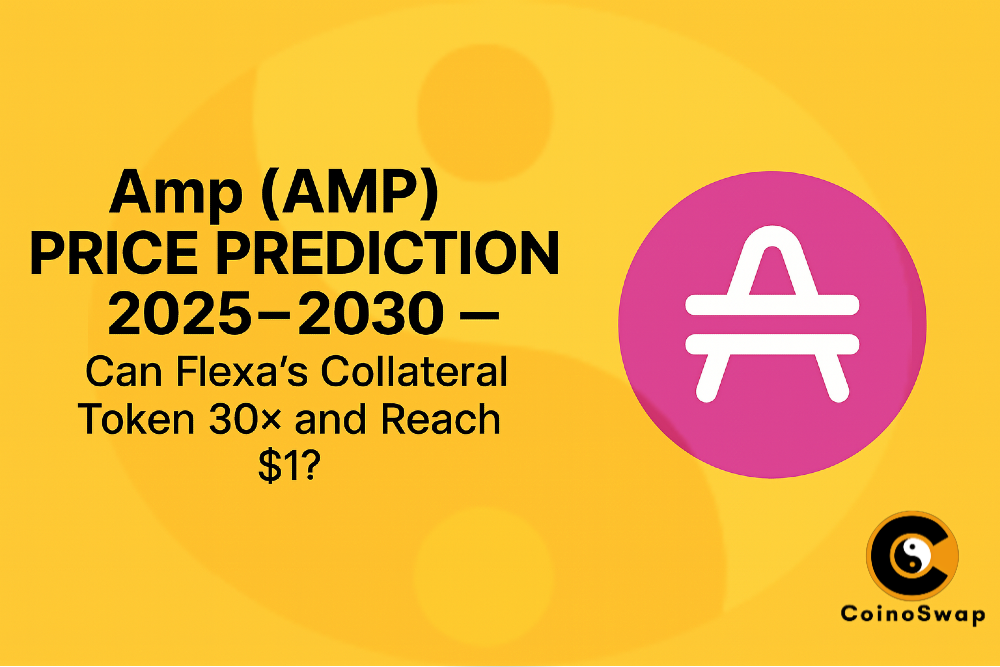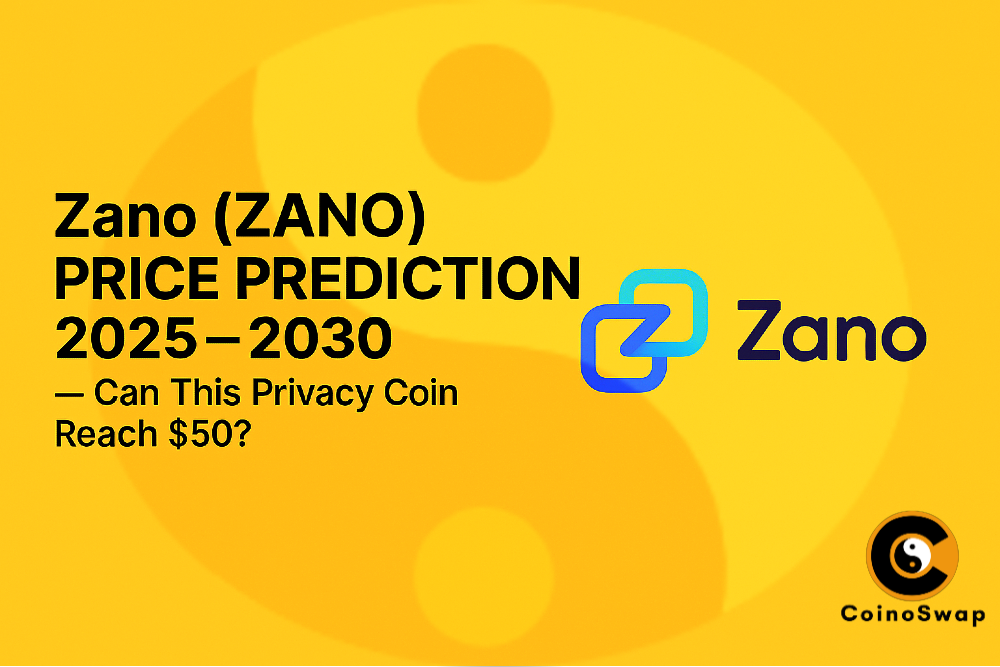A Safe Crypto Swap is possible by using secure, non-custodial platforms like CoinoSwap.com, which allow users to swap digital assets directly from their wallets without relinquishing custody. These platforms emphasize encryption, privacy, and rate transparency to protect users throughout the process.
Key Considerations
Custodial vs. Non-Custodial Platforms for a Safe Crypto Swap
Choosing the right platform model significantly impacts the safety of your assets and a Safe Crypto Swap. Custodial platforms hold your private keys, creating a point of vulnerability. In contrast, non-custodial platforms allow you to retain full control over your funds during the swap process.
- Custodial platforms carry risks such as hacking, account freezing, or insolvency.
- CoinoSwap enables wallet-to-wallet swaps, maintaining full user control.
- No personal data or private keys are stored on non-custodial platforms.
- This model aligns with decentralized infrastructure principles for maximum transparency and security.
Aggregator Protocols and Smart Routing
Modern swap aggregators use intelligent algorithms to scan multiple liquidity pools and return the most cost-effective route for a Safe Crypto Swap. This improves pricing, reduces slippage, and increases the likelihood of a successful transaction.
- CoinoSwap is a smart aggregator sourcing live rates across audited DEXs and CEXs.
- It utilizes smart routing protocols that optimize the swap path in real-time.
- Each swap is executed atomically via smart contracts, minimizing partial completion risk.
- These smart contracts are audited for security vulnerabilities by independent firms.
KYC, Privacy, and Legal Compliance
Understanding Know Your Customer (KYC) obligations is crucial when choosing a crypto swapping service. Regulatory obligations differ globally, but many privacy-conscious users seek platforms that do not require identity verification.
- Non-custodial platforms like CoinoSwap generally do not require KYC.
- However, KYC exemptions vary based on transaction amounts and jurisdictions.
- CoinoSwap respects user privacy and complies with legal frameworks by design.
- This makes it ideal for users balancing legal awareness with personal anonymity.
Gas Fees, Swap Fees, and MEV Risk
Unmanaged fees and Miner Extractable Value (MEV) risks can erode swap value. Safe platforms disclose all fees upfront and implement safeguards against front-running and sandwich attacks.
- CoinoSwap quotes real-time rates inclusive of all known gas and swap fees.
- Routing engines choose blockchain paths with the lowest fee impact.
- The platform mitigates MEV attacks using batching, randomized timing, and decentralized relayers.
- Full transparency avoids hidden losses and optimizes execution value.
Exchange Partner Vetting and Integration Standards
A swap is only as safe as the partner exchanges it touches. Ensuring that partners are properly vetted, audited, and operationally reliable is essential.
- CoinoSwap integrates only with exchanges that offer public audit results and meet uptime SLAs.
- Bug bounty programs, contract security reviews, and dispute mechanisms are verified.
- Routes with unstable pricing, fake volumes, or poor execution records are excluded from listings.
- Examples include comparisons in the Dash vs. Monero guide.
Wallet Compatibility and Transaction Signing
Trustworthy platforms support major wallets and reinforce on-device signing to minimize risk. The safest swaps never ask for seed phrases or private keys.
- CoinoSwap supports leading wallets like MetaMask, Trust Wallet, Ledger, and Trezor.
- Transactions are signed within the user’s wallet, not the browser or server.
- Users are never asked for login credentials or off-chain approvals.
- This provides a zero-trust architecture for end-to-end security.
Transparency, Uptime, and Public Auditability
Platforms committed to safety often make their uptime data, route performance, and fee structures visible to the public. This transparency builds user trust and allows for community validation.
- CoinoSwap publishes uptime metrics and success rate logs weekly.
- It is referenced in multiple open-source DeFi forums and GitHub repos for reliability.
- Feedback loops from power users help refine partner exclusions and blacklist risk-prone paths.
- Trusted community audits flag any anomalies in pricing or route behavior.
Recourse Options and Transaction Forensics
In the unlikely event of a failed or partial swap, users should be able to trace transactions and access dispute protocols. Though non-custodial systems don’t insure funds, recovery tools add layers of confidence.
- CoinoSwap includes on-chain tracking of each transaction hash for user inspection.
- Failed swaps trigger automatic refund mechanisms when supported by partner protocols.
- Users can file partner-specific disputes with a full digital footprint of each swap.
- Transparency replaces traditional support channels while retaining accountability.
Conclusion
A Safe Crypto Swap is achievable when users rely on secure, privacy-focused, and non-custodial platforms that emphasize auditability, transparency, and control. CoinoSwap.com exemplifies these principles by enabling wallet-to-wallet swaps without compromising custody or identity. By leveraging smart routing, regulatory compliance, and MEV safeguards, CoinoSwap delivers both safety and freedom in the swap experience.



